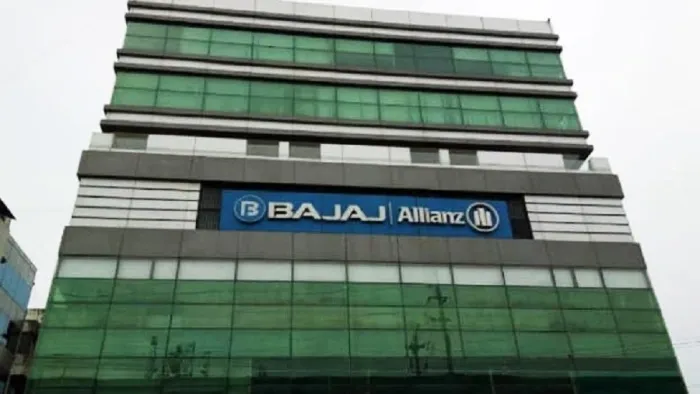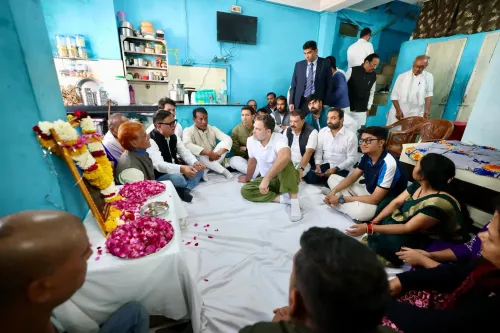Is Bajaj Allianz Failing Patients by Suspending Cashless Services?

Synopsis
Key Takeaways
- AHPI raises alarm over cashless service suspension.
- Financial strain on hospitals affects patient care.
- Patients are forced to pay out-of-pocket.
- Insurers are urged to revise outdated tariffs.
- Quality of healthcare is at risk without adjustment.
New Delhi, Aug 28 (NationPress) The Association of Healthcare Providers of India (AHPI) has expressed significant concerns regarding the recent suspension of cashless services by Bajaj Allianz General Insurance Company at numerous hospitals. In a meeting involving AHPI’s core committee and senior representatives from Bajaj Allianz, the association conveyed that this decision has placed hospitals under considerable financial strain and is causing major inconveniences to patients.
AHPI stated that patients are now compelled to pay out of their own pockets, facing challenges in receiving treatment from their preferred hospitals.
Moreover, AHPI criticized what it termed as coercive tactics by insurers, including the proposed GIC-led common empanelment process and efforts to pressure hospitals into reducing their tariffs.
The association asserted that tariffs have remained unchanged for years, despite escalating medical expenses and inflation, and further reductions would jeopardize the quality of patient care.
“The association emphasized that Bajaj Allianz has not updated its tariffs for many years, even with ongoing medical inflation and increasing operational costs, and member hospitals cannot further reduce tariffs without compromising clinical quality,” AHPI stated.
Dr. Girdhar Gyani, the Director General of AHPI, remarked that the issues raised extend beyond mere business disputes; they concern patient rights and the viability of hospitals.
He called on insurers to promptly reinstate cashless services and to maintain ongoing discussions with hospitals to adjust outdated rates, establish effective grievance mechanisms, and respect the clinical decisions made by doctors.
“Patients are the most affected when insurers deny claims, refuse to modify tariffs, or interfere with medical decisions. Such practices are coercive, unjust, and contradict the principles of accessible healthcare,” Dr. Gyani stated.
AHPI also raised alarms regarding the adoption of new medical technologies and the frequent scrutiny of doctors’ decisions by insurers.
The association anticipates that insurers will reinstate cashless services in the near future, after which it will reassess its advisory to member hospitals.










